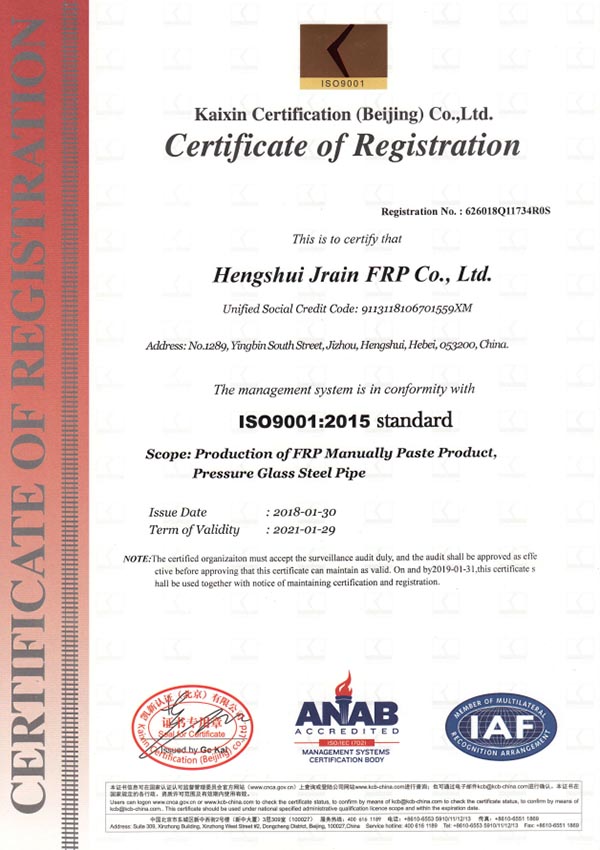
-
 Afrikaans
Afrikaans -
 Albanian
Albanian -
 Amharic
Amharic -
 Arabic
Arabic -
 Armenian
Armenian -
 Azerbaijani
Azerbaijani -
 Basque
Basque -
 Belarusian
Belarusian -
 Bengali
Bengali -
 Bosnian
Bosnian -
 Bulgarian
Bulgarian -
 Catalan
Catalan -
 Cebuano
Cebuano -
 China
China -
 China (Taiwan)
China (Taiwan) -
 Corsican
Corsican -
 Croatian
Croatian -
 Czech
Czech -
 Danish
Danish -
 Dutch
Dutch -
 English
English -
 Esperanto
Esperanto -
 Estonian
Estonian -
 Finnish
Finnish -
 French
French -
 Frisian
Frisian -
 Galician
Galician -
 Georgian
Georgian -
 German
German -
 Greek
Greek -
 Gujarati
Gujarati -
 Haitian Creole
Haitian Creole -
 hausa
hausa -
 hawaiian
hawaiian -
 Hebrew
Hebrew -
 Hindi
Hindi -
 Miao
Miao -
 Hungarian
Hungarian -
 Icelandic
Icelandic -
 igbo
igbo -
 Indonesian
Indonesian -
 irish
irish -
 Italian
Italian -
 Japanese
Japanese -
 Javanese
Javanese -
 Kannada
Kannada -
 kazakh
kazakh -
 Khmer
Khmer -
 Rwandese
Rwandese -
 Korean
Korean -
 Kurdish
Kurdish -
 Kyrgyz
Kyrgyz -
 Lao
Lao -
 Latin
Latin -
 Latvian
Latvian -
 Lithuanian
Lithuanian -
 Luxembourgish
Luxembourgish -
 Macedonian
Macedonian -
 Malgashi
Malgashi -
 Malay
Malay -
 Malayalam
Malayalam -
 Maltese
Maltese -
 Maori
Maori -
 Marathi
Marathi -
 Mongolian
Mongolian -
 Myanmar
Myanmar -
 Nepali
Nepali -
 Norwegian
Norwegian -
 Norwegian
Norwegian -
 Occitan
Occitan -
 Pashto
Pashto -
 Persian
Persian -
 Polish
Polish -
 Portuguese
Portuguese -
 Punjabi
Punjabi -
 Romanian
Romanian -
 Russian
Russian -
 Samoan
Samoan -
 Scottish Gaelic
Scottish Gaelic -
 Serbian
Serbian -
 Sesotho
Sesotho -
 Shona
Shona -
 Sindhi
Sindhi -
 Sinhala
Sinhala -
 Slovak
Slovak -
 Slovenian
Slovenian -
 Somali
Somali -
 Spanish
Spanish -
 Sundanese
Sundanese -
 Swahili
Swahili -
 Swedish
Swedish -
 Tagalog
Tagalog -
 Tajik
Tajik -
 Tamil
Tamil -
 Tatar
Tatar -
 Telugu
Telugu -
 Thai
Thai -
 Turkish
Turkish -
 Turkmen
Turkmen -
 Ukrainian
Ukrainian -
 Urdu
Urdu -
 Uighur
Uighur -
 Uzbek
Uzbek -
 Vietnamese
Vietnamese -
 Welsh
Welsh -
 Bantu
Bantu -
 Yiddish
Yiddish -
 Yoruba
Yoruba -
 Zulu
Zulu
frp insulated storage vessel
The Advantages and Applications of FRP Insulated Storage Vessels
In recent years, the demand for advanced storage solutions in various industries has seen significant growth. One of the most promising innovations in this field is the use of FRP (Fiberglass Reinforced Plastic) insulated storage vessels. These storage units offer a plethora of advantages, making them ideal for the preservation of temperature-sensitive materials in sectors such as food and beverage, pharmaceuticals, and chemicals.
What are FRP Insulated Storage Vessels?
FRP insulated storage vessels are made from a fiberglass composite material that provides both structural integrity and excellent thermal insulation properties. The combination of fiberglass and resin creates a strong, lightweight, and corrosion-resistant material. This makes FRP an ideal choice for storage applications where durability and thermal efficiency are paramount.
Key Advantages of FRP Insulated Storage Vessels
1. Thermal Insulation A major benefit of FRP insulated vessels is their superior thermal insulation capabilities. They are able to maintain the desired temperature inside the vessel, whether it's for cooling or heating. This is particularly critical for industries such as food and beverage, where maintaining the quality and safety of perishable goods is essential.
2. Corrosion Resistance Unlike traditional steel or aluminum vessels, FRP does not rust or corrode when exposed to harsh chemicals or environmental conditions. This resistance extends the lifespan of the storage vessel and ensures the integrity of the stored materials.
3. Lightweight and Easy to Handle FRP vessels are significantly lighter than their metal counterparts, making them easier to transport and install. This feature also contributes to lower transportation costs and reduced handling risks during installation or relocation.
4. Cost-Effectiveness Despite the initial investment, the long-term savings associated with reduced maintenance, energy costs, and durability make FRP insulated storage vessels a cost-effective solution. Their ability to maintain thermal stability can lead to significant energy savings over time.
frp insulated storage vessel

5. Customizability FRP vessels can be easily manufactured in various shapes and sizes to meet specific storage requirements. This flexibility allows industries to optimize their storage solutions according to space availability and operational needs.
Applications of FRP Insulated Storage Vessels
The versatility of FRP insulated storage vessels makes them suitable for a wide range of applications across different industries
1. Food and Beverage The food industry relies heavily on maintaining the quality of perishable products. FRP vessels are used for storing dairy products, beverages, and other temperature-sensitive goods, ensuring freshness and compliance with health regulations.
2. Pharmaceuticals In the pharmaceutical sector, where the integrity of active ingredients is critical, FRP insulated vessels provide sterile and stable environments for storing drugs, vaccines, and other sensitive materials.
3. Chemical Storage For the chemical industry, FRP's corrosion resistance allows for the safe storage of hazardous and corrosive substances without the risk of leakage or contamination.
4. Cryogenic Applications FRP insulated vessels are also employed in cryogenic systems, where extreme temperatures are required for the storage of gases like liquid nitrogen or oxygen. Their excellent insulation properties help maintain the necessary low temperatures without excessive energy consumption.
Conclusion
As industries continue to evolve and demand safer, more efficient storage solutions, FRP insulated storage vessels stand out as a prime choice. Their thermal insulation properties, combined with corrosion resistance, lightweight nature, cost-effectiveness, and versatility, position them as an optimal solution for various applications. Whether in food and beverage, pharmaceuticals, chemicals, or cryogenic environments, FRP insulated storage vessels are paving the way for a more efficient and sustainable future in storage technology. With the continued development of materials science, we can expect even greater innovations and applications for these vessels in the coming years.









